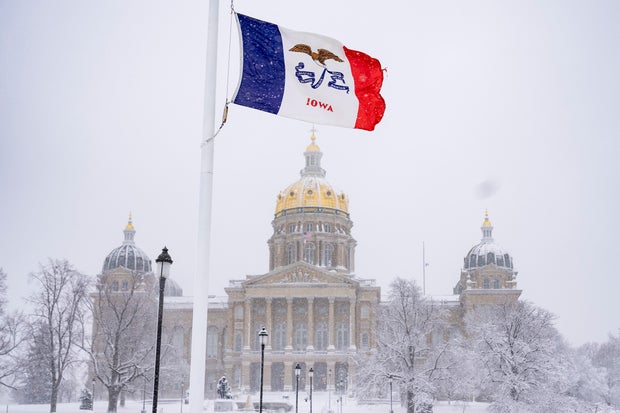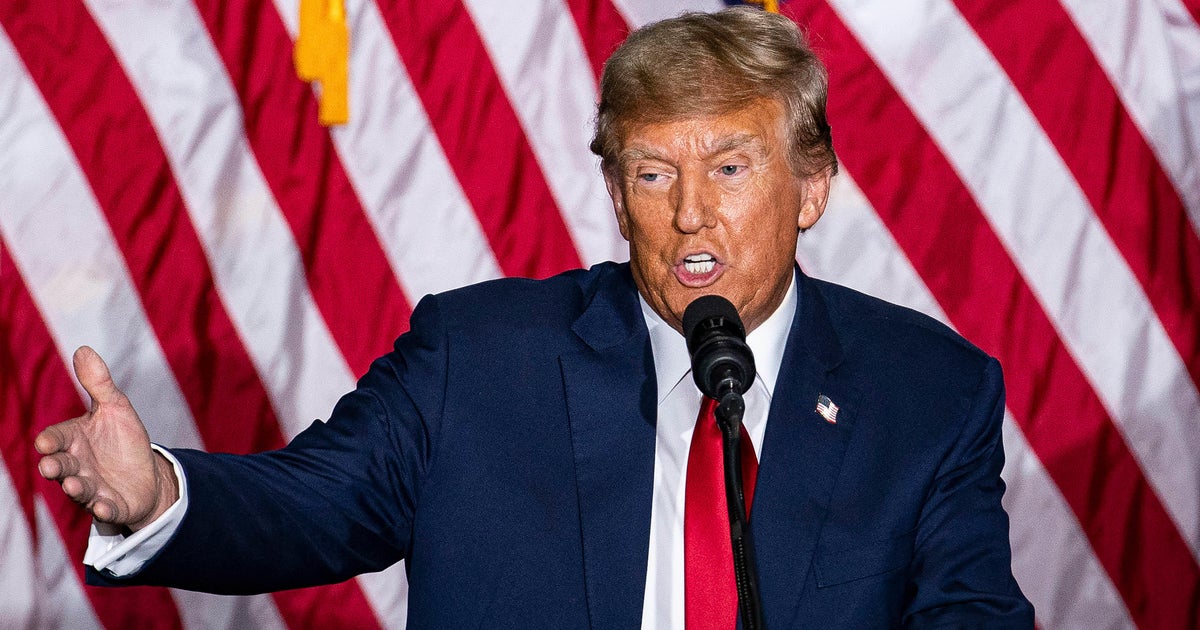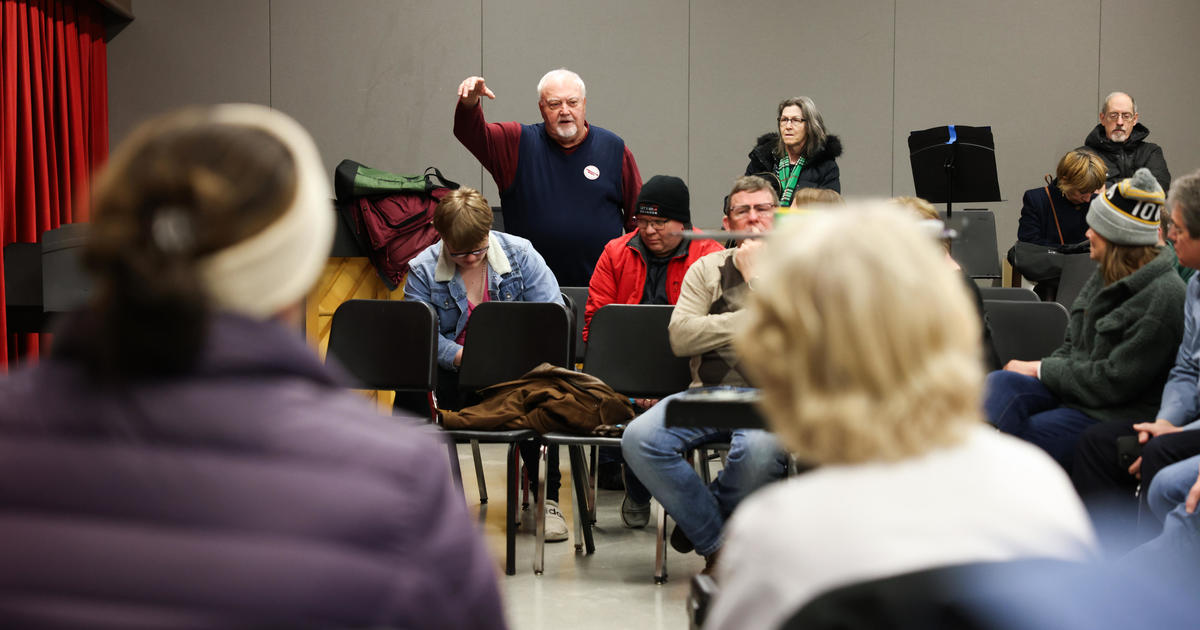What to know about the Iowa caucuses and how they work
What is a caucus and how does it work? The Iowa caucuses, the first 2024 presidential nominating contest took place Monday night.
CBS News projected former President Donald Trump will win, with Florida Gov. Ron DeSantis coming in second and former U.S. Ambassador to the United Nations Nikki Haley landing in third. The field of Republicans vying for the party's presidential nomination narrowed following the caucuses, with biotech entrepreneur Vivek Ramaswamy suspending his campaign after his fourth-place finish.
Here's a guide to what happened Monday night:
When are the Iowa caucuses?
The Iowa caucuses kicked off at 7 p.m. CT (8 p.m. ET) on Monday, Jan. 15.
Caucusgoers were required to check in at their precinct location by 6:30 p.m. CT. Iowans were allowed to register as Republicans on caucus night and participate. There are 1,670 precincts, which are all organized by volunteers. Caucus locations may be found here, although locations were subject to changes.
What is the difference between a primary and a caucus?
States can hold either primaries or caucuses as part of the presidential nomination process. Both processes allocate delegates based on the percentage of the vote received by candidates. At the national party convention, the candidate with the most delegates becomes the party's nominee. Caucuses are run by the state party, while primaries are run by the state.
A caucus is a political meeting, as opposed to a primary, which is an election.
How do the Republican caucuses work?
A representative from each campaign is allowed to give a short speech in support of its candidate, and then ballots are handed out to the caucusgoers, who vote by secret ballot. The ballots are then collected and counted in open view of the caucus. A campaign representative is allowed to view the counting, but members of the press are not.
After the results are tabulated, they're recorded on a form by the caucus secretary and announced by the precinct chair and then submitted electronically to the Iowa Republican Party.
How many delegates are at stake?
Despite all the time and attention paid to the Iowa caucuses because it's the first contest, there were only 40 delegates at stake on Monday night — out of more than 2,400 total delegates. To win the nomination, a Republican needs 1,215 delegates.
Iowa's delegates to the Republican National Convention will be bound on the first ballot proportionally to the results of the caucuses.
Of the 40 delegates up for grabs, Trump is projected to earn 20, DeSantis eight and Haley seven.
Who can participate in the caucuses?
Registered Republicans who are eligible to vote on Election Day — or who will be 18 years old by Election Day — may participate in the caucuses. An independent or Democrat may also register as a Republican on caucus night to participate.
Is it Iowa caucus or Iowa caucuses?
In Iowa, there will be over 1,600 precincts throughout the state's 99 counties where individual caucuses are taking place, which is why the contest is referred to as the Iowa caucuses. What are the Democrats doing in Iowa this year?
Iowa Democrats also held their caucuses on Monday night, but in order to comply with the Democratic National Committee's (DNC) new calendar, which makes South Carolina its first nominating contest, they are voting entirely by mail-in ballot in 2024 and will release the results on Super Tuesday, on March 5.
In 2020, Democrats were plagued by technical glitches and ended up reporting the results days late.
In prior years, Democrats choose their candidate by standing with their fellow supporters in different parts of the room. There was also a "viability threshold," so if a candidate did not receive 15% of the supporters, their supporters could try to win over other caucusgoers to meet the required threshold or disband and support the viable candidates — or remain uncommitted entirely.
But Democrats have been trying to move away from that system, especially after the chaotic 2020 caucuses.
Hunter Woodall, Allison Novelo, Fin Gómez and Jennifer De Pinto contributed to this report.
for more features.




